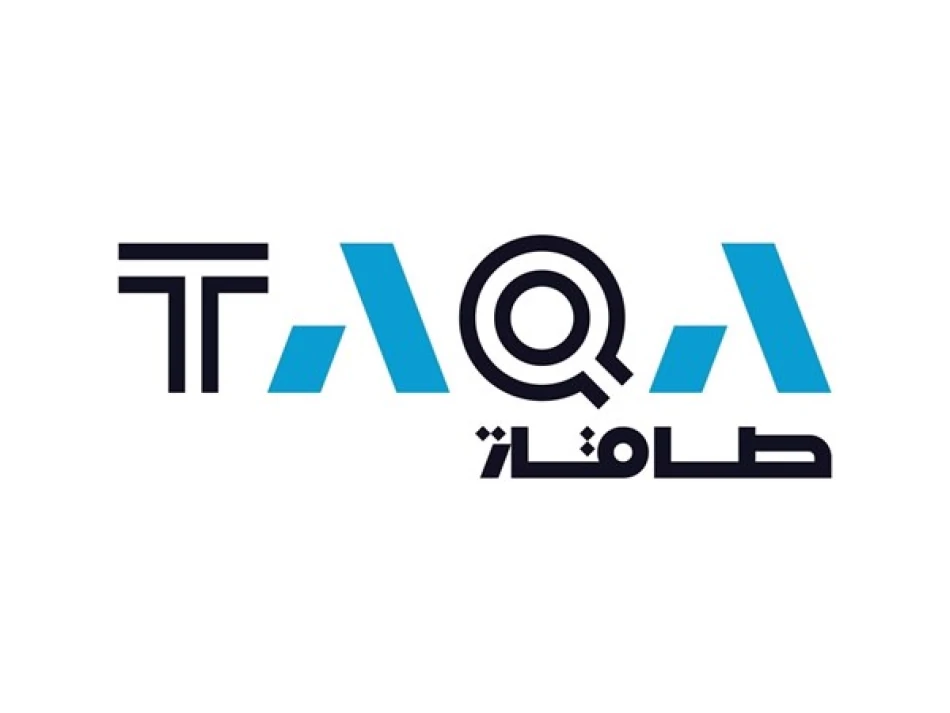
Energy Giant Acquires Water Desalination Firm GS Inima for $1.2 Billion Expansion
TAQA's $1.2 Billion Water Play Signals Gulf's Infrastructure Export Ambitions
Abu Dhabi National Energy Company (TAQA) has struck a $1.2 billion deal to acquire Spanish water treatment giant GS Inima, marking the UAE utility's most aggressive push yet into global water infrastructure markets. The acquisition instantly transforms TAQA into a major player across Europe, Latin America, and Asia while advancing the Gulf state's strategy of exporting its utilities expertise beyond traditional energy sectors.
Strategic Expansion Beyond Regional Boundaries
The deal represents more than a simple acquisition—it's a calculated move to position TAQA as a global water utilities leader. GS Inima, headquartered in Madrid, operates approximately 50 projects across ten countries, including Spain, Brazil, Mexico, the United States, and Oman. About 30 of these projects operate under long-term public-private partnerships, providing the stable, predictable cash flows that infrastructure investors prize.
TAQA will immediately add 171 million gallons of daily desalination capacity to its existing 1.25 billion gallons, accelerating its goal of producing two-thirds of its desalinated water through energy-efficient reverse osmosis technology by 2030.
Financial Impact and Revenue Diversification
GS Inima's 2024 performance demonstrates the acquisition's financial logic: €389 million in annual revenue and €106 million in adjusted EBITDA. Most assets operate under long-term concession agreements with inflation protection mechanisms, ensuring steady returns even during economic volatility.
The Spanish company's integrated services will add 1.2 million cubic meters daily of drinking water capacity and 2.6 million cubic meters daily of wastewater and industrial water treatment to TAQA's portfolio, while serving 1.3 million people through water management operations.
Gulf Utilities Go Global: Following the Singapore Model
TAQA's move mirrors strategies employed by Singapore's utilities giants like Sembcorp and Hyflux, which built international water portfolios during the 2000s infrastructure boom. However, TAQA enters the market with stronger backing and clearer strategic focus than many previous regional expansion attempts.
The acquisition also reflects broader Gulf ambitions to diversify beyond oil revenues while leveraging decades of water scarcity management expertise. The UAE has become a global leader in desalination technology, making water infrastructure a natural export sector.
Technology and Innovation Edge
GS Inima brings advanced digital technologies and research capabilities that complement TAQA's operational scale. This combination positions the enlarged group to compete with established players like Veolia and Suez in smart water infrastructure—a rapidly growing segment as cities worldwide grapple with aging systems and climate pressures.
Market Timing and Regulatory Landscape
The deal comes as global water infrastructure investment accelerates, driven by climate change, urbanization, and regulatory pressure for improved water quality. The Biden administration's infrastructure spending and EU Green Deal funding create favorable conditions for water technology companies with proven track records.
Jasim Husain Thabit, TAQA's Group CEO, emphasized the acquisition's transformational nature, highlighting how GS Inima's operational track record and technical capabilities will accelerate TAQA's ambition to become an international water leader.
Regional Integration Strategy
This international expansion builds on TAQA's recent domestic moves, including its acquisition of Sustainable Water Solutions Holding (now TAQA Water Solutions), which expanded its presence in wastewater and recycled water sectors. The company has also committed to major infrastructure projects in Morocco and Uzbekistan, demonstrating systematic geographic diversification.
Investment Implications and Risk Assessment
For infrastructure investors, the deal signals growing appetite for water assets among Gulf sovereign wealth funds and state-owned enterprises. Water infrastructure offers inflation-protected returns and essential service characteristics that appeal during uncertain economic periods.
However, regulatory approval across multiple jurisdictions could prove complex, particularly given increased scrutiny of foreign infrastructure investments in Europe and the Americas. The expected 2026 completion timeline suggests TAQA anticipates navigating significant regulatory processes.
The acquisition positions TAQA to benefit from the estimated $6.8 trillion global water infrastructure investment needed through 2030, while establishing the UAE as a serious player in water technology exports—a sector that could prove as strategically valuable as its traditional energy dominance.
Most Viewed News

 Layla Al Mansoori
Layla Al Mansoori






